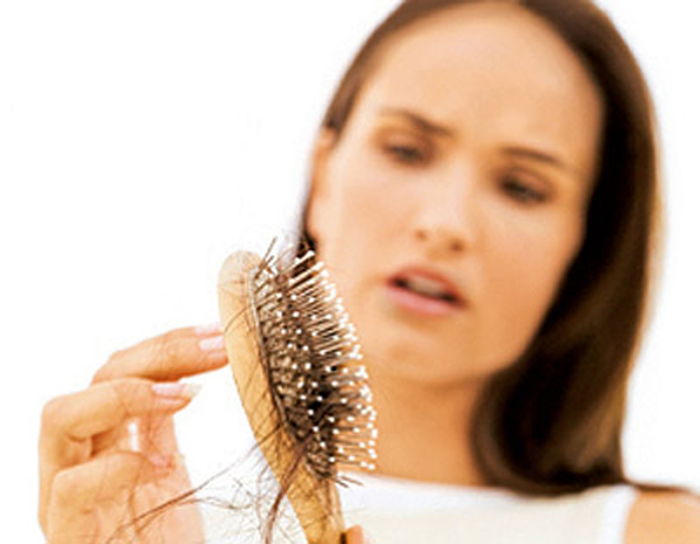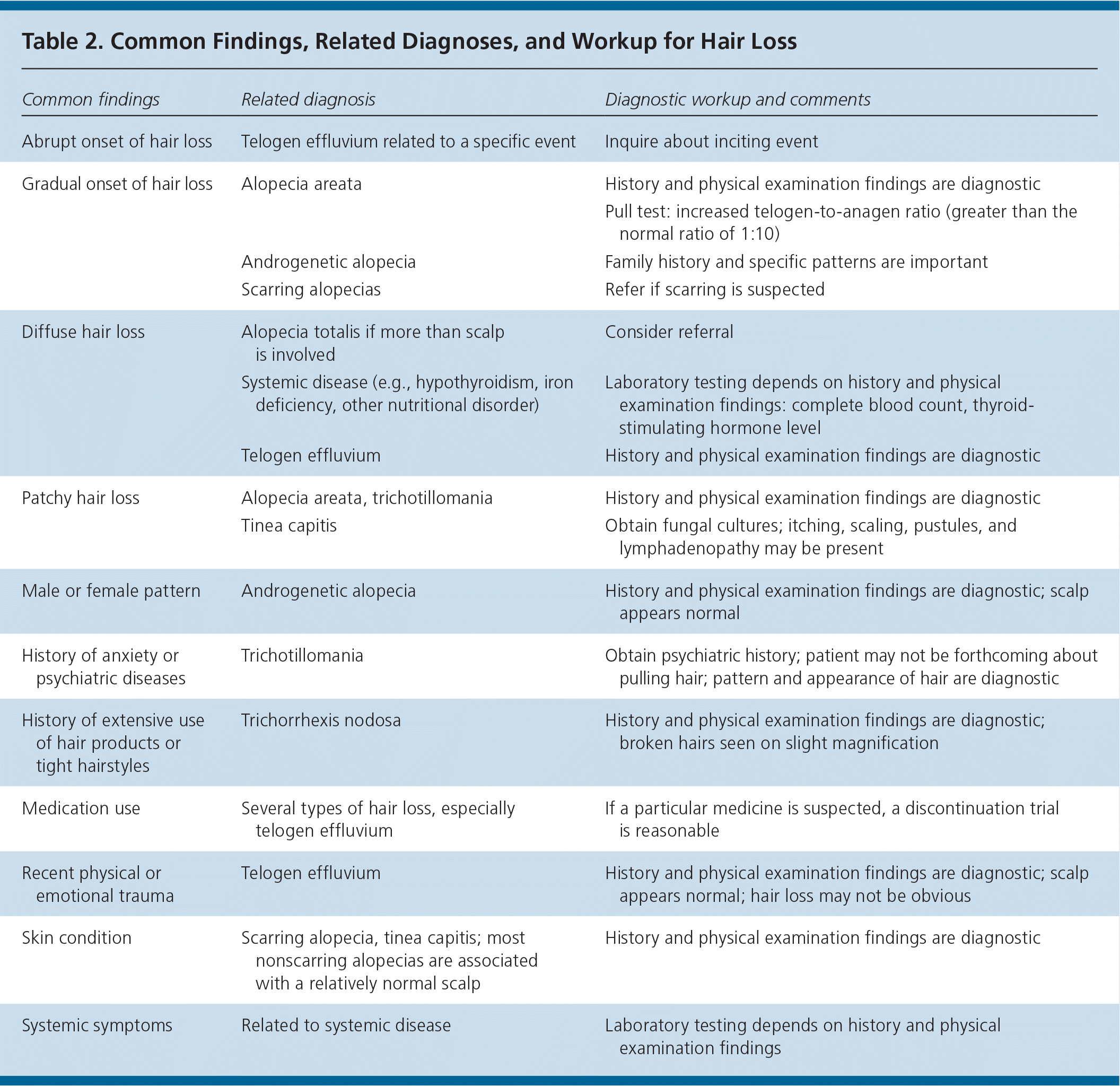Best Hair Loss Treatments for Men in 2024
Table Of Content

Corticosteroids, such as hydrocortisone and prednisone, are commonly prescribed (topically, orally, or through injections) to both alleviate inflammation and curb the autoimmune response. “These medications help suppress the immune system’s overactivity and encourage hair regrowth,” Dr. Mitchell explains. The FDA also recently approved a new drug for severe cases of alopecia areata called Litfulo (generic name, ritlecitinib). The medication stimulates hair growth by quieting part of the immune system. That said, there are a number of possible medications and treatments for hair loss caused by female-pattern baldness and other alopecias.
Collagen Types and Hair Application
You might be able to prevent some hair loss by eating nutritious foods that provide necessary nutrients (like vitamins, minerals and protein) or adding vitamins to your daily routine. A healthcare provider will do a thorough examination and take a detailed history to understand changes in your hair growth. Your provider will also ask about what medications or supplements you currently take. Some causes of hair thinning and hair loss aren’t permanent and don’t need treatment. Changes to your body can affect how much hair you’re able to grow and when your hair grows. Once your body adapts to the changes affecting it, your hair will naturally grow back without treatment.
Prescription oral medications

If an infection or another underlying condition that requires medical attention isn't present, and your hair loss isn't bothering you, you may choose to avoid treatment altogether. While studies such as these may be a starting point for further research, there is not enough evidence to show collagen supplementation promotes hair growth in humans. While collagen is needed for healthy hair, there is a lack of non-industry-funded human research supporting the use of collagen supplementation to improve hair growth, thickness, volume, or shine.
Best for Damaged Hair: Kérastase Genesis Fortifiant Hair Serum
16 Best Hair Growth Shampoos, Tested & Reviewed by Experts 2024 - ELLE
16 Best Hair Growth Shampoos, Tested & Reviewed by Experts 2024.
Posted: Fri, 19 Apr 2024 07:00:00 GMT [source]
The FDA states that the drug will generally take at least 3 months of daily use to show results. If your hair loss is due to a medical condition, the cost of a wig might be covered by insurance. Explore Mayo Clinic studies testing new treatments, interventions and tests as a means to prevent, detect, treat or manage this condition. Lifestyle factors could include using certain hair products, wearing your hair up too tightly, experiencing high stress levels, or not getting enough of certain vitamins and minerals in your diet. To help manage stress, it’s important to take some time for yourself, whether it’s a meditation session or a relaxing hobby you enjoy. You may also consider talking with a therapist if you’re having a difficult time with chronic stress.
Types of alopecia
If possible, talk with your doctor to address your concerns and rule out any serious underlying medical concerns that may be causing your hair loss. Research on whether tretinoin alone can promote hair regrowth remains limited, but an older 2007 study suggests it shows promise as a treatment when combined with other medications. Some people find success with hair loss treatments such as OTC medications, prescription medications, and home remedies.
According to the American Academy of Dermatology (AAD), TE isn’t actually defined as “hair loss,” but rather as excessive hair shedding. Alopecia means “hair loss.” There are many different types of alopecia, in addition to androgenetic alopecia. The information in this article will also apply to you if you were assigned female at birth and have never had hormone replacement therapy (HRT). Trans women and trans men who have used HRT may have additional risk factors for hair loss that are not covered here. While hair loss isn’t itself dangerous, losing your hair is an emotional experience. Unwanted changes to your appearance can influence your self-esteem and social life.
They may also order blood tests to check for any nutrient deficiencies or signs of an underlying condition. They’ll likely use a combination of your health history — including any recent illnesses, surgeries, life stressors, and family history — and a physical exam to help narrow down the causes. Your doctor can order blood tests to check your iron and zinc levels and recommend the right dose of supplement for your deficiency level. You also have the option of topical corticosteroids, but they aren’t necessarily as effective.
The formula contains saw palmetto to help address DHT (an androgen that’s derived from testosterone and can shrink the hair follicle), ashwagandha, and marine collagen peptides. Ingredients work in tandem to help slow shedding and help hair grow longer, faster, and stronger. When new hair doesn’t grow fast enough to replace the amount of your hair that falls out daily, alopecia occurs. Hair loss can be a temporary reaction to certain conditions, but it can also be permanent.
Hair loss can also be a side effect of some medications, especially chemotherapy medications to treat cancers. Any information you can provide about how quickly the hair loss occurred, along with any family history of baldness, will also be helpful. If you’re currently losing hair, use a gentle baby shampoo to wash your hair.
Some people prefer to let their hair loss run its course untreated and unhidden. Others may cover it up with hairstyles, makeup, hats or scarves. And still others choose one of the treatments available to prevent further hair loss or restore growth. Even if your hair loss is hereditary, there are treatments that exist that can help slow or reverse hair loss.
On average, expect to start seeing results after three to six months. Your healthcare provider will help you choose the type of hair regrowth procedure that fits best with the cause of your hair loss and your hair regrowth goals. Hair loss is a common condition, which makes treatment for hair loss common as well. Because of this, you may see several over-the-counter hair loss treatments advertised on television. Surgical procedures for hair loss are less common than prescription or OTC medications for hair loss. When you start to shed more strands — and fewer or none grow back — the condition is considered alopecia (hair loss).
However, for postmenopausal females, studies have shown that it may be an effective treatment and is frequently prescribed by some doctors. If you’re low in several key areas, your doctor might recommend a daily multivitamin. Healthy hair needs iron, folic acid, and zinc to keep growing thick and strong.
Comments
Post a Comment